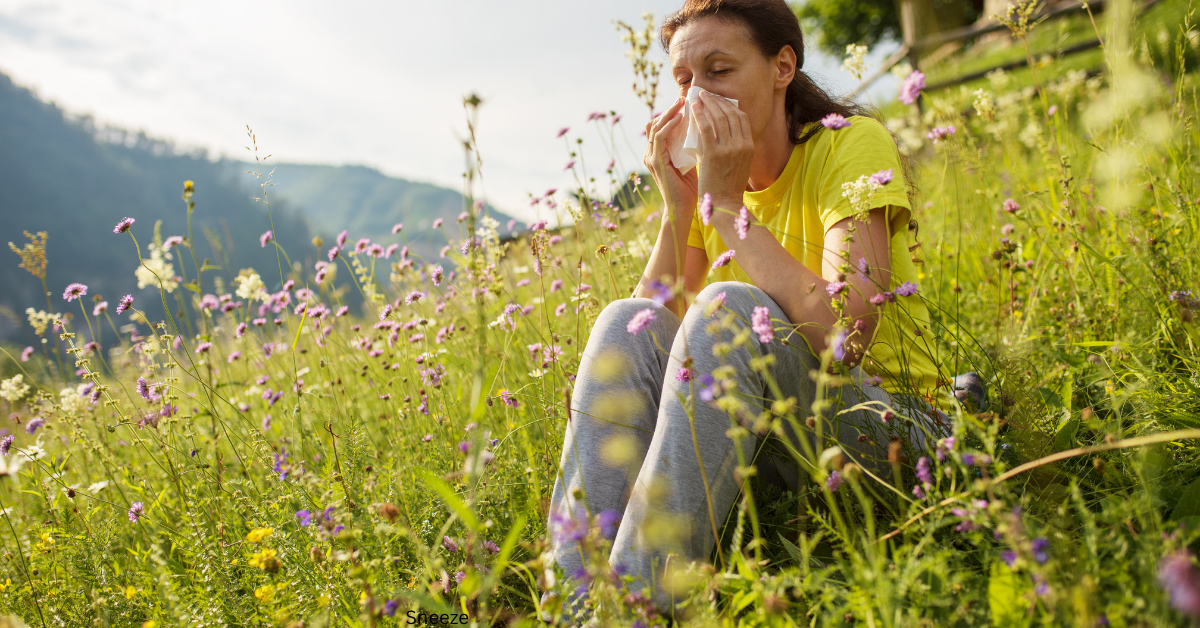Local honey has been touted for centuries as a natural remedy for seasonal allergies. At Beessential, we're often asked whether this sweet substance can help reduce allergy symptoms. With pollen counts rising and more people seeking natural alternatives to medication, it's the perfect time to explore the relationship between honey and allergy relief. Let's separate fact from fiction and examine what science says about this intriguing connection.
The Theory Behind Honey for Allergies
The concept is simple: bees collect pollen from local plants—the same pollen that triggers your allergies. You're ingesting small amounts of this pollen when you consume local honey. Over time, your body may tolerate these allergens, similar to how allergy shots work through controlled exposure. This process, known as immunotherapy, is well-established in medical practice, but does it translate to honey
consumption?
What Science Says
Research on honey's effectiveness for allergy relief shows mixed results. A small study published in the International Archives of Allergy and Immunology found that patients who consumed honey had significantly better control of their birch pollen allergies than those who used conventional allergy medications alone.
However, other studies haven't found conclusive evidence. A frequently cited study from the Annals of Allergy, Asthma & Immunology didn't significantly improve allergy symptoms among participants who consumed local honey.
It's worth noting that most scientific studies on this topic have been small in scale. Larger, more comprehensive research is needed before the medical community can make definitive
recommendations.
Important Considerations
If you're considering honey for allergy relief, keep these factors in mind:
-
Local is key: For potential allergy benefits, the honey should be produced within about 50 miles of your home, ensuring the bees are collecting pollen from the same plants that cause your allergies.
-
Raw and unfiltered: Processed honey often removes the pollen, eliminating potential allergy benefits. Look for raw, unfiltered honey that contains natural pollen particles.
-
Timing matters: Before allergy season starts, consume local honey for the best chance of developing tolerance.
-
Not for everyone: Honey isn't recommended for children under 12 months due to the risk of botulism, and those with severe allergies should consult healthcare providers before trying it as a remedy.
-
Beyond Allergies: Other Health Benefits of Honey
Even if honey's effect on allergies isn't conclusively proven, it offers numerous other health benefits:
-
Natural cough suppressant: Research shows honey can be as effective as over-the-counter cough medicines for soothing sore throats and calming coughs.
-
Antimicrobial properties: Honey contains hydrogen peroxide and low pH, making it inhospitable to many bacteria and microorganisms.
-
Antioxidant powerhouse: Darker honey varieties are particularly rich in antioxidants that help combat oxidative stress in the body.
Our Beessential Perspective
At Beessential, we believe in the power of bee-derived ingredients. While we can't make medical claims about honey's effectiveness for allergy relief, many customers report positive results.
